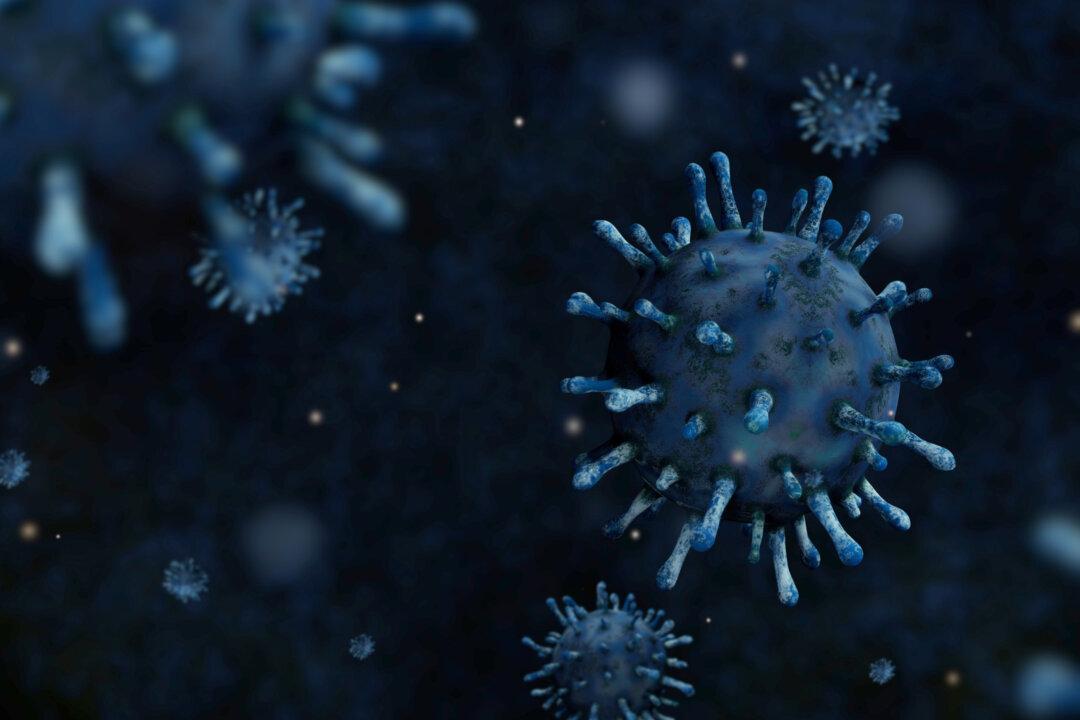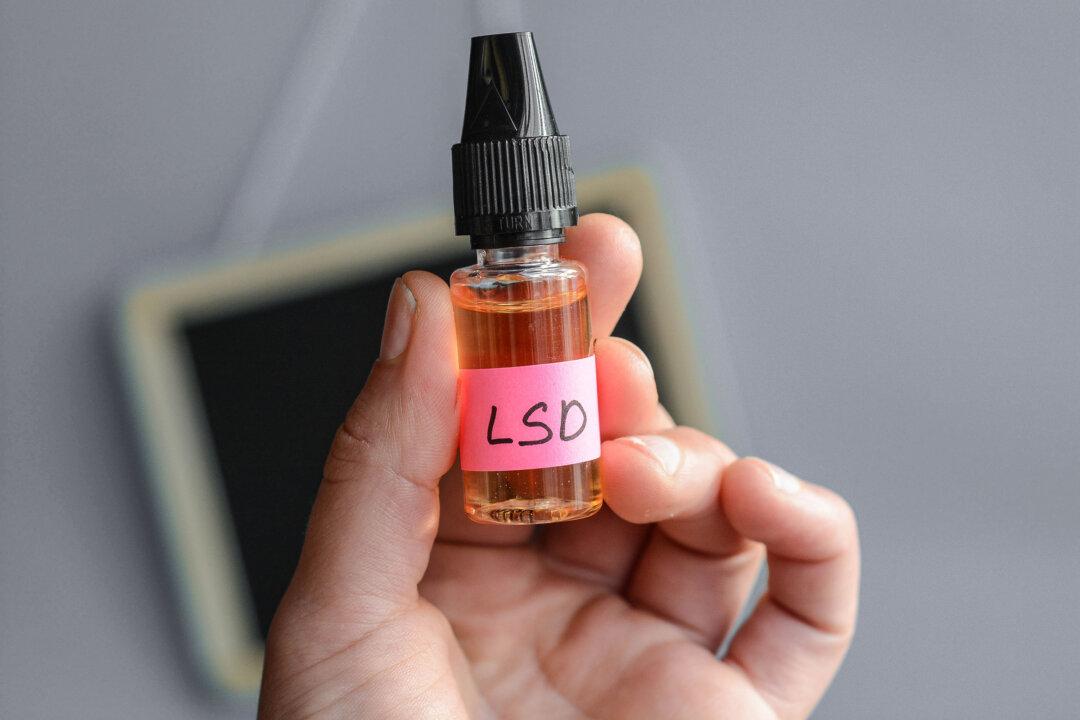Individuals previously infected with SARS-CoV-2 develop immunity and may be more likely to experience adverse events following COVID-19 vaccination compared to those with no history of infection, according to a study published in Clinical Infectious Diseases.
Canadian researchers conducted a large, prospective observational study to assess the short-term safety of COVID-19 vaccines in adults with a previous history of SARS-CoV-2 infection.






